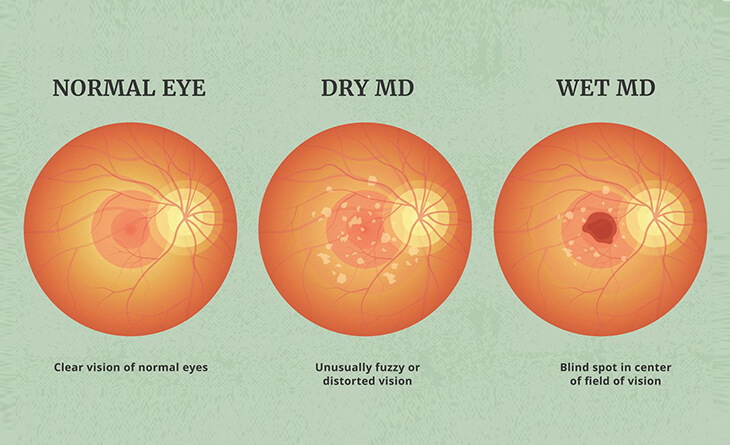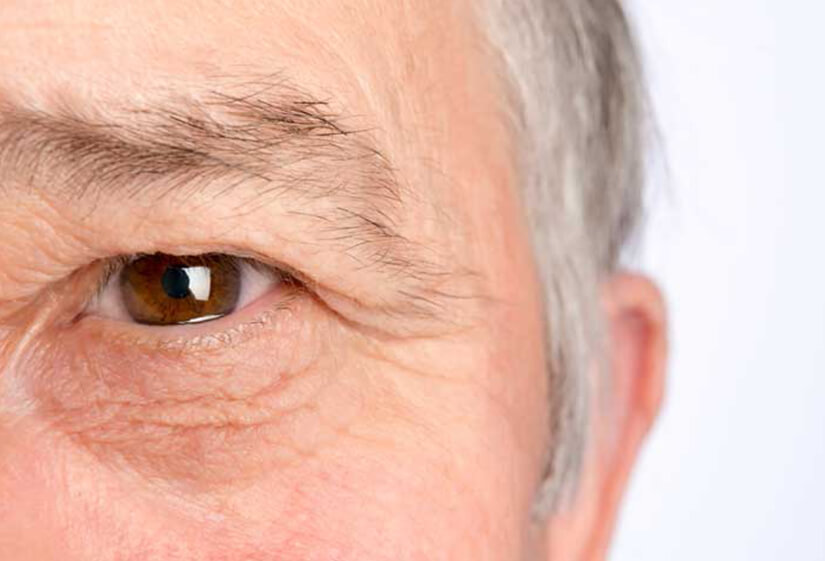Is Age Related Macular Degeneration (ARMD) treatable?
Age-related macular degeneration (ARMD) is a common eye condition that affects millions worldwide. As individuals seek effective treatments for this progressive disease, finding the best eye specialist becomes crucial.
In this blog, we will explore the question on everyone’s mind: Is ARMD treatable? We will delve into the latest advancements in treatment options, the role of the best eye specialist in Delhi, and the expertise of Dr Anisha Gupta in addressing this condition with a compassionate human touch.
Understanding ARMD
Age-related macular degeneration is a degenerative eye disease that primarily affects the macula, the central part of the retina responsible for sharp central vision. It often occurs in individuals aged 50 and above, gradually leading to blurry or distorted vision and, in advanced stages, central vision loss.
There are majorly 2 types of AMD, dry and wet.
Dry ARMD, also known as Atrophic ARMD, is more common and less dangerous. In dry ARMD, the macula gradually thins and breaks down over time, leading to a gradual loss of central vision. It is characterised by the presence of yellow deposits called drusen that accumulate beneath the retina.
On the other hand, Wet ARMD, also called advanced neovascular, is less common but more severe. Wet ARMD occurs when abnormal blood vessels grow underneath the retina and leak fluid or blood, causing rapid and significant damage to the macula. This can result in a sudden loss of central vision.
While ARMD is a chronic condition with no known cure, significant advancements have been made in its management and treatment. The best eye specialists in Delhi, such as Dr Anisha Gupta, offer various treatment options tailored to the individual’s specific needs.

Treatment Options:
Unfortunately, there is currently no known cure for either form of ARMD. However, regular monitoring by the best eye doctor in Delhi can help to slow down the progression of the disease and preserve vision.
For individuals with intermediate AMD in one or both eyes, taking specific dietary supplements (vitamins and minerals) might help prevent its progression to late ARMD. However, in severe cases, Dr Anisha Gupta recommends medical treatments. Here are the treatment options for Age-related macular degeneration (ARMD):
Intravitreal Injections: Anti-VEGF (vascular endothelial growth factor) injections can slow down the progression of ARMD by reducing abnormal blood vessel growth and leakage.
Photodynamic Therapy: This treatment involves using a light-sensitive medication in combination with a laser to target abnormal blood vessels in the eye.
Laser Therapy: In some cases, Dr Anisha Gupta, the best eye doctor in Delhi, recommends laser therapy based on your condition. Laser therapy involves the use of a laser to seal the leaked blood vessels and destroy the abnormal blood vessels.
Nutritional Supplements: Specific vitamin and mineral supplements, such as antioxidants and omega-3 fatty acids, may be recommended to support macular health and slow down disease progression.
Conclusion
While ARMD is not currently curable, the advancements in treatment options and the expertise of the best eye specialist in Delhi, like Dr Anisha Gupta, offer hope and effective management strategies. With her patient-centred approach and commitment to providing the highest quality care, Dr Anisha Gupta ensures you receive the best possible treatment and support for your ARMD journey.
When it comes to your vision and ARMD, entrust your eye health to the best eye doctor in Delhi, Dr Anisha Gupta, for comprehensive care and a brighter future for your eyesight.

